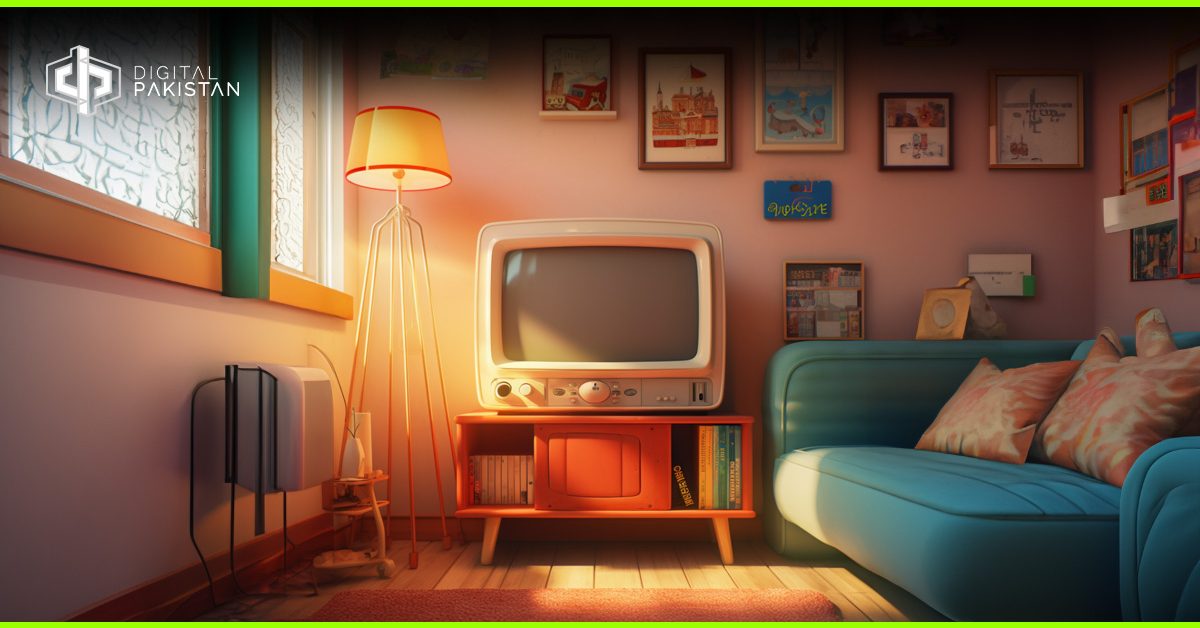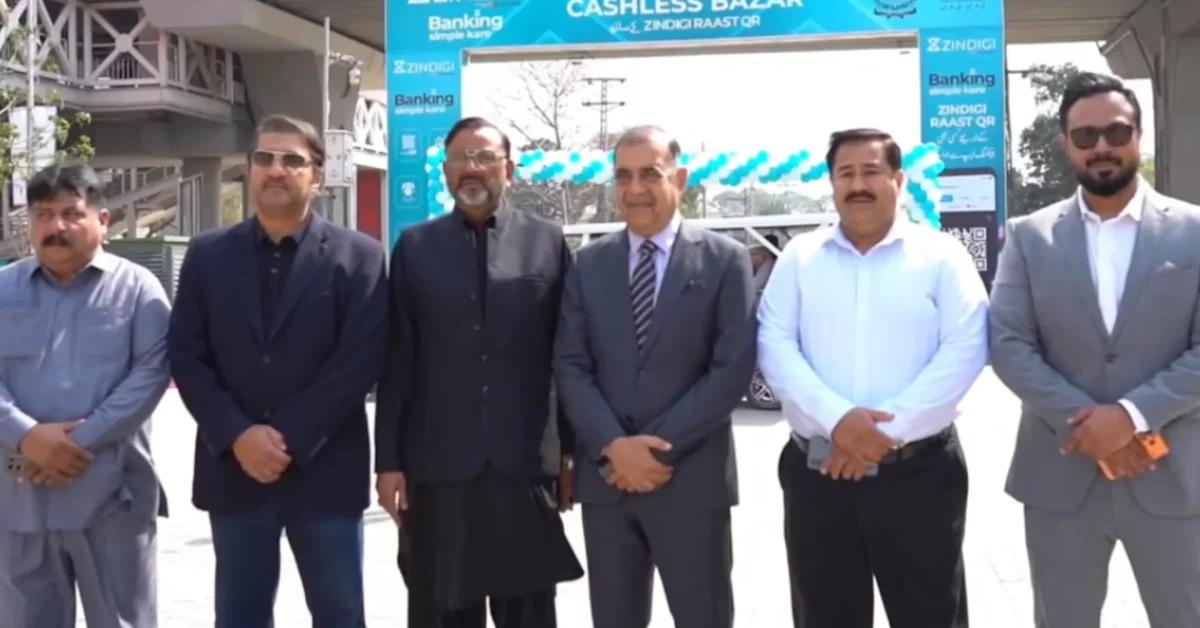
Revolutionizing Connectivity: What Starlink Means for Pakistan
November 21, 2023
Transforming Mental Health Awareness in Pakistan through Technology
November 22, 2023World Television Day: Celebrating the Past, Present, and Future
Television is one of the most significant inventions of the 20th century that has shaped our culture, politics, education, and entertainment. As we celebrate World Television Day, it’s worth taking a look back at the amazing evolution of TV technology. From big bulking boxes to slim and sleek screens, television has come a long way since its humble beginnings.
The history of television is a fascinating story of innovation, creativity, and competition. It involves many individuals and organizations who contributed to the development of different aspects of TV, such as the transmission, the display, the sound, and the colour. Some of the key milestones in the history of television are:
- The first mechanical television system was invented by Paul Nipkow in 1884.
- The first electronic television system was invented by Philo Farnsworth in 1927.
- The first colour television system, using the rotating colour wheel to transmit colour signals, was invented by Guillermo González Camarena in 1940.
- The first smart television system, using internet connectivity and applications to provide interactive and personalized content, was introduced by LG in 2007.
This device serves as more than just a source of entertainment; it influences how we perceive, think, and engage with the world. From Indiana to India, television has acted as a catalyst for cultural globalization, breaking down barriers and fostering what has been appropriately termed a “global village.” Viewers are more than just individuals in front of a screen – and television has provided a lens to different cultures, languages, values, and lifestyles, allowing us to connect with those we perceive to be different, fostering an appreciation for diversity and uniqueness.
Broadcast content like documentaries and infotainment have a big say in what people think. They don’t just give facts; they tell stories that can change how we see things. Whether it’s about politics, the environment, or different cultures, these shows use their stories to not only share information but also to shape what people believe. By making things interesting to watch and easy to understand, they have a real impact on what we think about the world.
It inspires creativity and innovation by showcasing the achievements and talents of individuals from various backgrounds and fields. It encourages the pursuit of passions, the development of skills, and the realization of untapped potential. With a plethora of programs and genres catering to different tastes, television brings both enjoyment and knowledge to audiences, enhancing imagination, satisfying curiosity, and contributing to personal growth.
Also, television is a platform for intercultural dialogue, promoting tolerance and respect among audiences. It creates a sphere, providing a space for people worldwide to engage in debates and discussions on pressing global issues. Television not only informs but also mobilizes viewers to voice their concerns and take collective action. For instance, television news and talk shows such as The Oprah Winfrey Show have covered and discussed topics such as poverty, health care, education, immigration, and human rights, and invited experts, activists, and celebrities to share their views and experiences. In fact, television coverage of the civil rights movement in the 1950s and 1960s inspired many people to join the struggle for racial equality.
Television has not only been a source of entertainment but a powerful tool for shaping global culture. It has connected communities, transcending geographical boundaries and fostering a shared experience. As we celebrate World Television Day, let’s raise a toast to the iconic shows that have defined eras. From sitcoms that made us laugh to dramas that kept us on the edge of our seats, television has been a storyteller, reflecting societal norms, challenging conventions, and influencing conversations.
The journey of television technology is a testament to human innovation. Amidst the remarkable technological advancements, the essence of television remains the same – a powerful medium that brings people together, telling stories that resonate across cultures. Television has become an integral part of our lives, informing us, entertaining us, and connecting us in ways that were once unfathomable. As we appreciate the amazing evolution of TV technology, let’s also recognize the immense potential it holds for the future. With the power to shape our world, let us embrace this medium with open arms and continue to push the boundaries of what’s possible.






